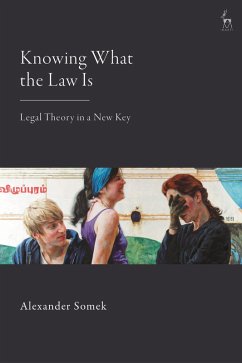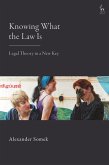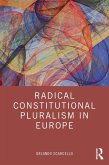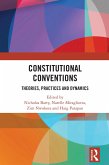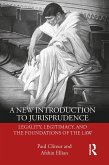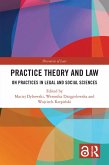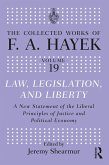This book provides a selective and somewhat cheeky account of prominent positions in legal theory, such as American legal realism, modern legal positivism, sociological systems theory, institutionalism and critical legal studies. It presents a relational approach to law and a new perspective on legal sources.
The book explores topics of legal theory in a playful manner. It is written and composed in a way that refutes the widespread prejudice that legal theory is a dreary subject, with a cast of characters that occasionally interact in order to illustrate the claims of the book.
Legal experts claim to know what the law is. Legal theory-or jurisprudence-explores whether such claims are warranted. The discipline first emerged at the turn of the 20th century, when the self-confidence of both legal scholarship and judicial craftsmanship became severely shattered, but the crisis continues to this day.
Hinweis: Dieser Artikel kann nur an eine deutsche Lieferadresse ausgeliefert werden.
The book explores topics of legal theory in a playful manner. It is written and composed in a way that refutes the widespread prejudice that legal theory is a dreary subject, with a cast of characters that occasionally interact in order to illustrate the claims of the book.
Legal experts claim to know what the law is. Legal theory-or jurisprudence-explores whether such claims are warranted. The discipline first emerged at the turn of the 20th century, when the self-confidence of both legal scholarship and judicial craftsmanship became severely shattered, but the crisis continues to this day.
Hinweis: Dieser Artikel kann nur an eine deutsche Lieferadresse ausgeliefert werden.

